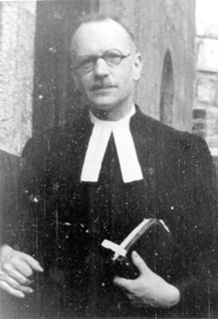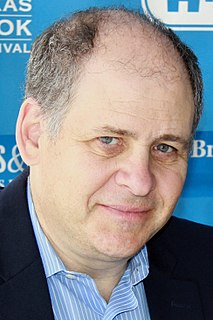A Quote by Oswald Spengler
The question of whether world peace will ever be possible can only be answered by someone familiar with world history. To be familiar with world history means, however, to know human beings as they have been and always will be. There is a vast difference, which most people will never comprehend, between viewing future history as it will be and viewing it as one might like it to be. Peace is a desire, war is a fact; and history has never paid heed to human desires and ideals.
Quote Topics
Always
Answered
Been
Beings
Between
Comprehend
Desire
Desires
Difference
Ever
Fact
Familiar
Future
Heed
History
However
Human
Human Being
Human Beings
Ideals
Know
Like
Means
Might
Most
Never
Only
Paid
Peace
People
Possible
Question
Someone
Vast
Viewing
War
Whether
Which
Will
World
World History
World Peace
Related Quotes
History's villains are more easily recognized in retrospect. In an article published in 1935 and reprinted in 1937, Winston Churchill expressed a curious ambivalence towards the German chancellor prior to the outbreak of war: We cannot tell whether Hitler will be the man who will once again let loose upon the world another war in which civilization will irretrievably succumb, or whether he will go down in history as the man who restored honour and peace of mind to the great Germanic nation. . . .
If we suppose a sufficient righteousness and intelligence in men to produce presently, from the tremendous lessons of history, an effective will for a world peace - that is to say, an effective will for a world law under a world government - for in no other fashion is a secure world peace conceivable - in what manner may we expect things to move towards this end? . . . It is an educational task, and its very essence is to bring to the minds of all men everywhere, as a necessary basis for world cooperation, a new telling and interpretation, a common interpretation, of history.
With all of the history of war, and the human race's history unfortunately has been a good deal more war than peace, with nuclear weapons distributed all through the world, and available, and the strong reluctance of any people to accept defeat, I see the possibility in the 1970's of the President of the United States having to face a world in which 15 or 20 or 25 nations may have these weapons.
You see, when you're middle class, you have to live with the fact that history will ignore you. You have to live with the fact that history can never champion your causes and that history will never feel sorry for you. It is the price that is paid for day-to-day comfort and silence. And because of this price, all happinesses are sterile; all sadnesses go unpitied.
Unless and until we have peace deep within us, we can never hope to have peace in the outer world. You and I create the world by the vibrations that we offer to it. If we can invoke peace and then offer it to somebody else, we will see how peace expands from one to two persons, and gradually to the world at large. Peace will come about in the world from the perfection of individuals. If you have peace, I have peace, he has peace, and she has peace, then automatically universal peace will dawn.
Our dreams of bringing the whole of human history under the control of the human will are ironically refuted by the fact that no group of idealists can easily move the pattern of history toward the desired goal of peace and justice. The recalcitrant forces in the historical drama have a power and persistence beyond our reckoning.
They say that 'history is an argument without end.' In Thompson's skillful hands, this momentous argument between two old friends on the most critical issue of the last century is thus history at its best. Thompson's judicious and delicious depiction of Nitze and Kennan will fascinate anyone who cares about the Cold War or the ways that human beings shape the future.
I believe that our world needs an instrument of global action as never before in history. I believe that the United Nations is the instrument for securing peace and for giving people everywhere, in poorer countries as in richer, a real stake in that peace by promoting development and encouraging cooperation. But the United Nations is only an instrument, an actor in need of props and cues from its directors, And so I will paraphrase Winston Churchill: Give us the tools-the trust, the authority and the means-and we will do the job.
The steep ride up the and down the energy curve is the most abnormal thing that has ever happened in human history. Most of human history is a no-growth situation. Our culture is built on growth and that phase of human history is almost over and we are not prepared for it. Our biggest problem is not the end of our resources. That will be gradual. Our biggest problem is a cultural problem. We don't know how to cope with it.







































